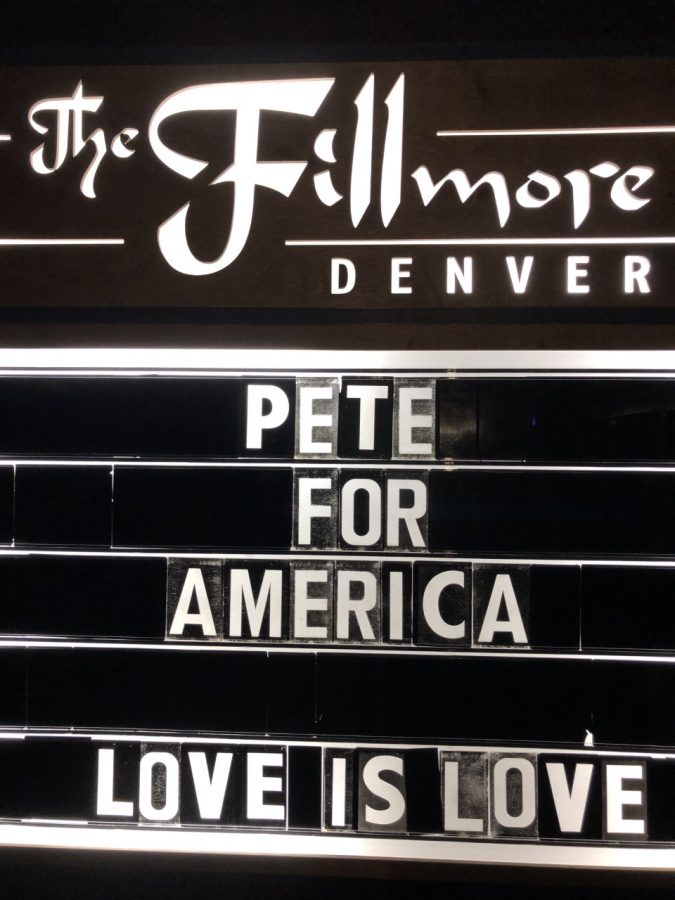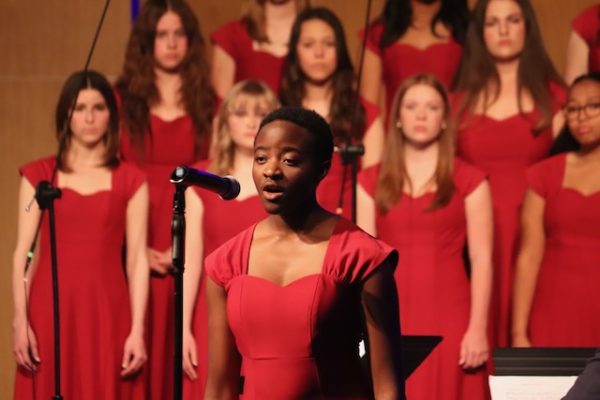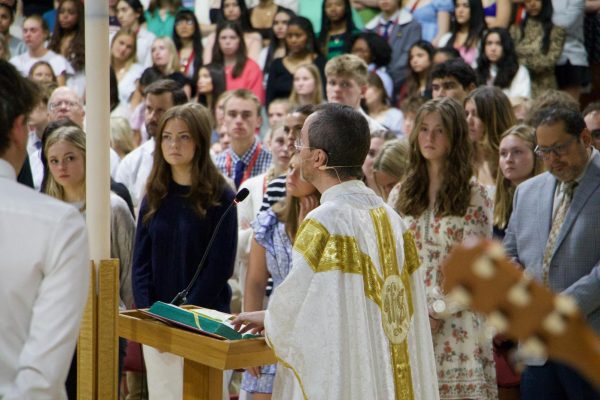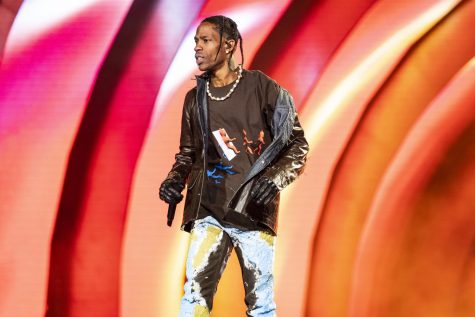An Evening with Pete: A Profile of the Democrats’ Youngest Presidential Hopeful
Quotes from Pete Buttigieg and rally attendees are from Buttigieg’s rally on January 8th, 2020, unless otherwise specified.
The Fillmore Auditorium was dimly lit on the evening of January 8th, except for an American flag illuminated onstage. Space was at a premium. Creedence Clearwater Revival’s Up Around the Bend was muffled as the crowd of 4,000 hummed with anticipation. Reporters from CNN, Fox News, ABC, NBC, and CBS set up their cameras. More people poured through the main entrance. As this unfolded, small clusters of supporters and undecided voters began to spark conversations amongst themselves. “He just makes sense,” remarked Reed Bennis, a 46 year-old HR manager from Littleton. One of the women he was speaking with, 28 year-old Melanie Cartsmurth, seemed more ambivalent, explaining that she had shown up “… to just see where he differs from the other candidates.”
No matter their stance, everyone in the crowd fell silent as the subject of their conversation, Pete Buttigieg, walked onto the stage.
“Good evening, Colorado!” said the Presidential candidate to thunderous applause. “This is a big-ass crowd!”
At first glance, this rally, with its rock-song walkout, fierce enthusiasm, and grassroots aesthetic, mirrored the many hundreds hosted by Democratic candidates over the past year. In a similar manner to candidates like Bernie Sanders, Elizabeth Warren, and Amy Klobuchar, the mayor spent the majority of the forty-five minute event answering questions and describing his vision for the country, or, as he describes it, what he will do “the day that the sun comes up over the Rockies and Donald Trump is no longer President.” And like his fellow candidates, he closed the event with a few minutes dedicated to selfies with supporters and brief conversations with volunteers.
However, despite his similarities in delivery, Mayor Pete’s political policies are relatively moderate compared to some of his top competitors. On the hot-button issue of healthcare, Buttigieg opposes Sanders’ and Warren’s “Medicare for All” plan, which would involve expanding Medicare to provide healthcare to the entire United States and abolishing private insurance. Instead, he has advocated for “Medicare for all who want it.” This program would involve creating a public health insurance option available to all US citizens, but would still allow for private insurance. Buttigieg asserts that this plan would “deliver [healthcare] to anyone who wants it, but trust [Americans] to decide whether [they] want it.” Along with Amy Klobuchar and Joe Biden, Mayor Pete also stands in a relatively moderate position with regard to education. While Elizabeth Warren has promised free public college for all Americans, Pete Buttigieg has instead proposed expanding financial aid programs for state universities and investing in trade school options. And unlike Bernie Sanders, who has promised to cancel America’s federal student-loan debt (which totals at more than $1.5 trillion), Buttigieg has advocated for a student-loan forgiveness program that involves partial debt cancelations and the use of public service options (like work in the Peace Corps) as avenues to wipe additional debt.
Perhaps Buttigieg’s most radical features do not come through his policy, but through his background and identity. At 38, Buttigieg is the youngest candidate in the presidential field, and if elected, he would be the youngest president in the history of the United States. This facet of his identity, his status as a millennial, has helped Buttigieg frame his campaign through the lens of generational change; to call on his audience at the Fillmore to “win the era.” As a former intelligence officer in the US Navy, Buttigieg is also the only veteran amongst the five highest polling Democrats. This has been a strength for the former mayor, especially since early January, when tensions between the US and Iran flared after the killing of Iranian General Qasem Soleimani. Arguably, however, Buttigieg’s most unique characteristic is his homosexuality. He is the first openly gay man to ever mount a major national political campaign, the first presidential candidate, as he said, to “have [his] marriage decided by one vote in the Supreme Court.” This not only inspired his campaign’s “Love is Love” marquis sign caption on January 8th, but also helped the former mayor garner significant support from the LGBTQ community. It has also led him to spar with Mike Pence. Last summer, he rebuked the Vice President for his stances on LGBTQ issues, saying that if Pence has “a problem with who I am, your problem is not with me — your quarrel, sir, is with my creator.”
However, Buttigieg’s background is not without weaknesses. He is the former mayor of South Bend, Indiana, but unlike the other top-five polling Democrats, he has never held a statewide or national political office. In fact, the only national political race he ever entered was for the chairmanship of the Democratic National Committee, which he lost in 2017. He has received criticism for his work at McKinsey and Company, a consulting firm that is known to have high profile clients like pharmaceutical companies and foreign governments. In addition, he has also struggled to win over African American voters amidst criticism of his handling of the police force in South Bend.
But on the night of January 8th, in the Fillmore Auditorium, the energy of the crowd did not reflect these weaknesses. As he closed his remarks, Buttigieg alluded to Barack Obama’s campaign of “Hope,” asking his audience: “Are you ready to spread that sense of hope to everybody you know? Are you ready to bring about a better future? Are you ready to find some joy along the way[…]?” As the crowd roared with excitement, the mayor exclaimed, “Colorado, I think that you are going to help me become the nominee and the next President of the United States!”
Ultimately, as caucuses begin to take place across the country (most notably the Iowa caucus, which occurred after the submission of this article, and the Colorado Democratic Caucus on March 3rd), time will provide an answer to Mayor Pete’s appeal.






